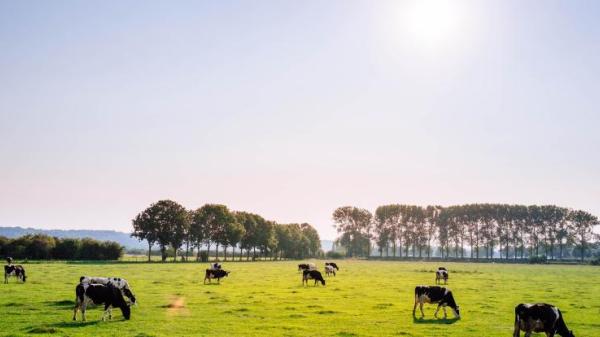
Knowledge for Policy: Critical Research for Understanding Potential Impacts of ABS on Eight Sectors of Genetic Resources for Food and Agriculture
Access to and use of genetic resources, building blocks of food and agricultural products, are critical to US agriculture. Currently, an international regime governing terms of access to and benefit sharing (ABS) from the use of genetic resources is being developed. Hence, the goal of this USDA funded project is to develop a policy-relevant understanding of genetic resources access, use and benefit sharing practices of the US food and agriculture user community, with an emphasis on examining the importance of foreign sources of genetic resources to US stakeholders. We will conduct a rapid assessment of the academic and grey literatures to describe sector level access and use patterns. For the comprehensive assessment of access, use and benefit sharing practices of US stakeholders, we will do in-depth case studies of industry/research communities within each sector. Case selection will be based on a theoretical sampling approach to represent the variation across sectors on norms of access and use of genetic resources and the relevance of international access. Detailed document/literature review, trade data analyses, and surveys will be used to quantify access patterns and to understand how stakeholders are strategizing in response to an emergent international ABS regime. Recent publications include:
- Welch, EW, EJ Shin and JV Long (2013) Potential Effects of the Nagoya Protocol on the Exchange of Non-plant Genetic Resources for Scientific Research: Actors, Paths, & Consequences (forthcoming) Ecological Economics, 86:136-14
- Welch, EW (2012) Potential Implications of the Nagoya Protocol for the Livestock Sector, Journal of Animal Breeding and Genetics, 129(6): 423–424.
Related files: